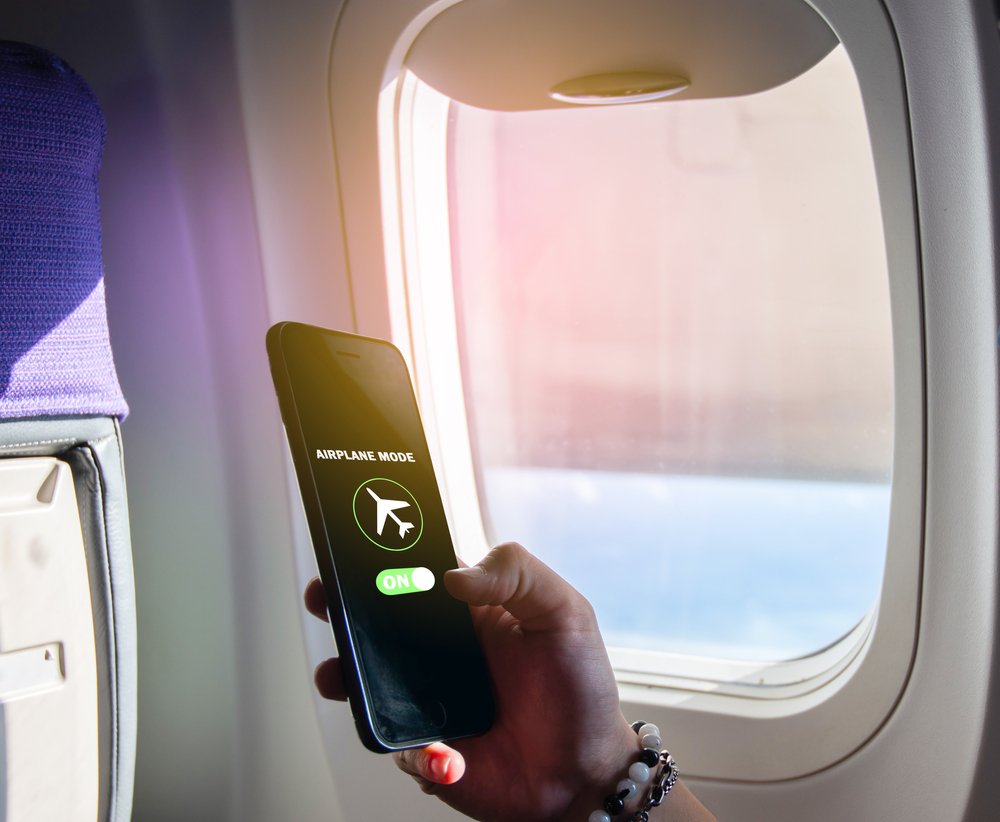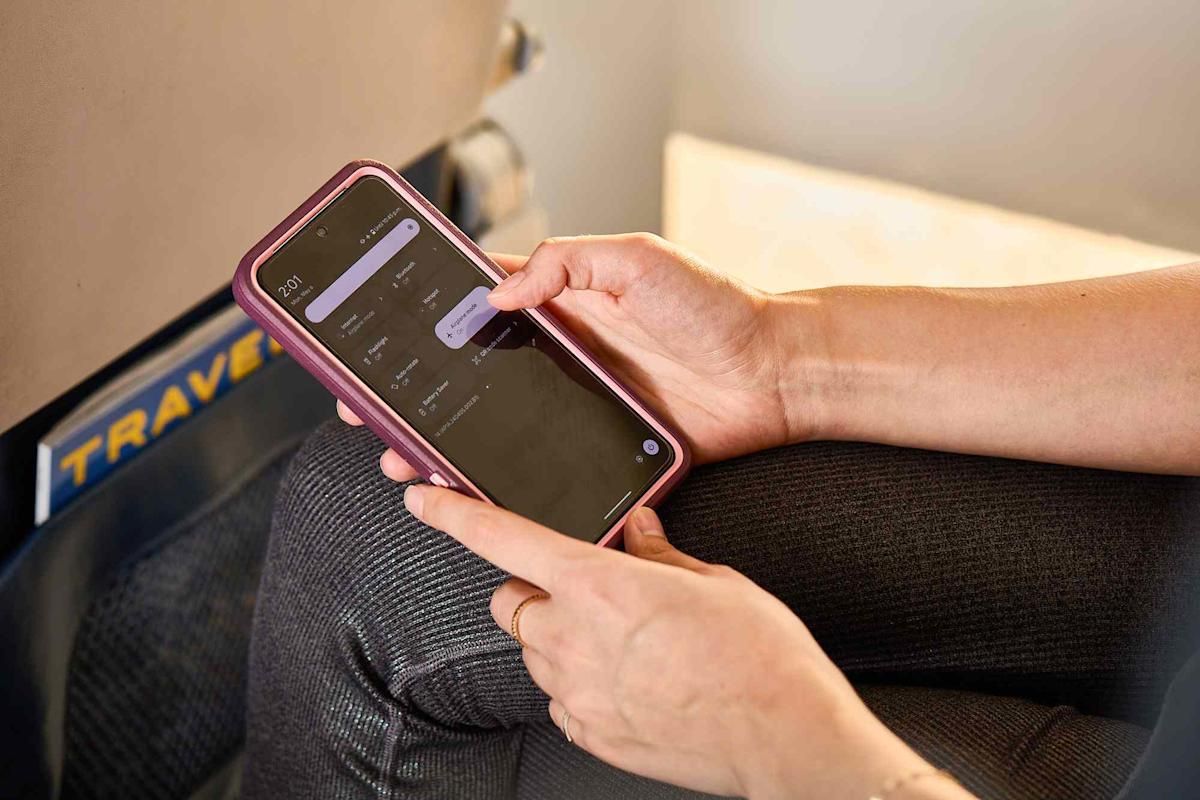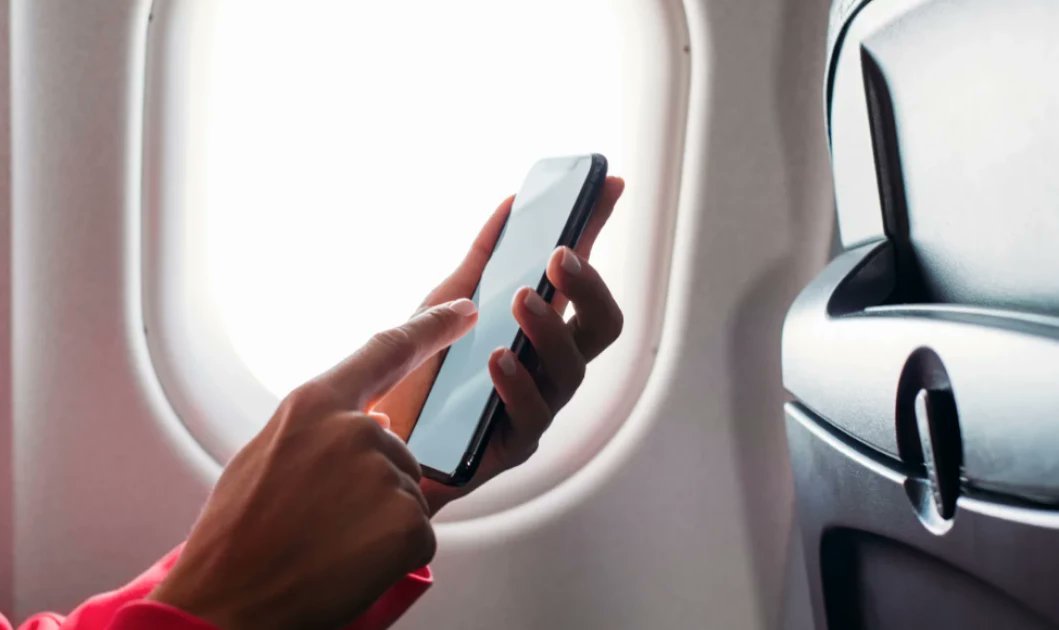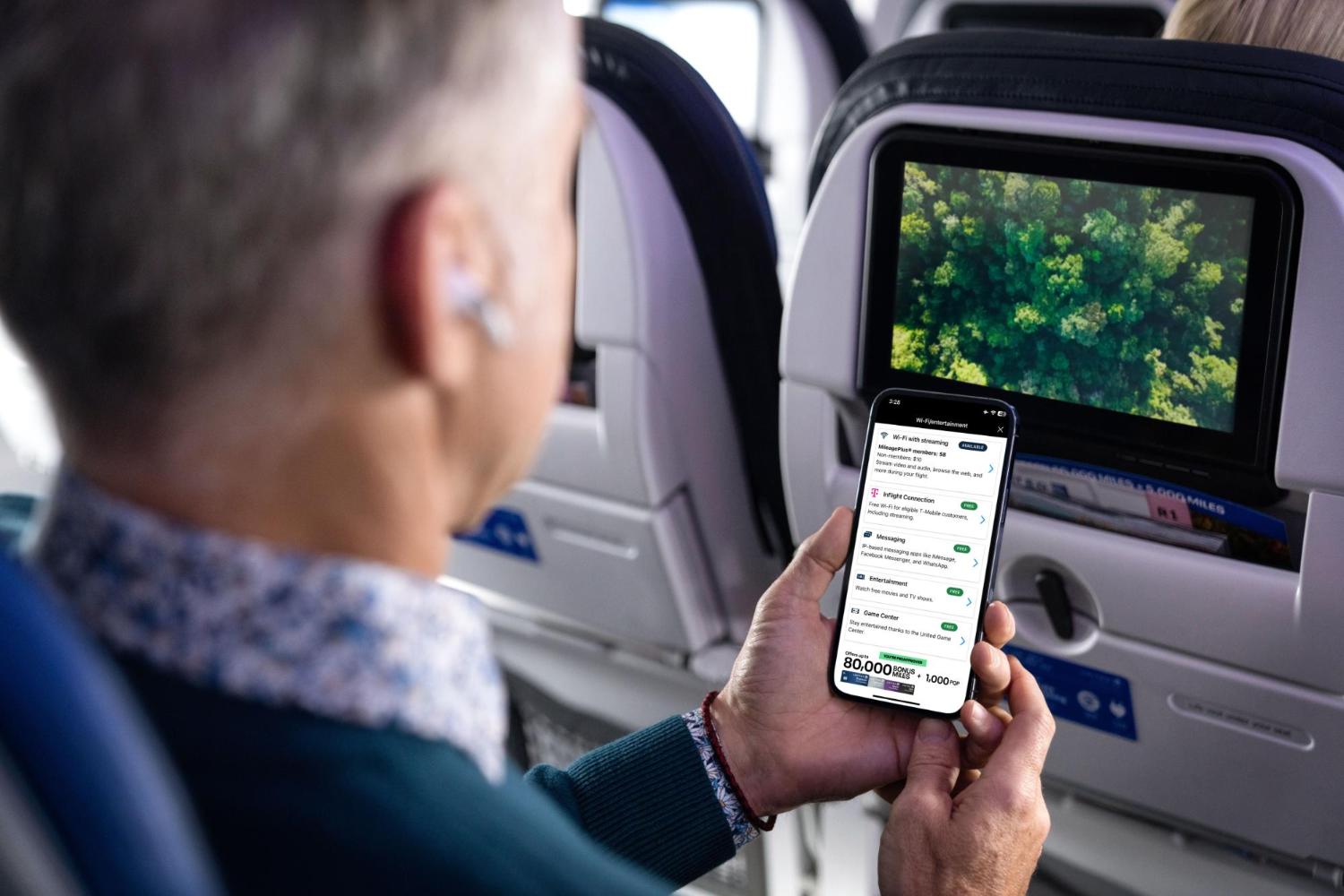
As aviation regulations evolve, the conversation around using airplane mode during flights is becoming increasingly relevant. While some countries are relaxing rules, experts strongly advise travelers to follow crew instructions regarding electronic devices. Understanding the reasoning behind these guidelines can illuminate their importance and potential consequences.

The Rationale Behind Airplane Mode
For many frequent fliers, the requirement to switch devices to airplane mode can seem arbitrary. However, the underlying reasons are rooted in safety and operational integrity. Aviation professionals emphasize that even if the risks may appear minimal, the etiquette of following the rule is crucial.
Gary Coxe, a seasoned pilot with over 7,000 flight hours, believes that neglecting to enable airplane mode likely won’t lead to catastrophic outcomes. Similarly, an anonymous airline mechanic from Washington shares this sentiment, suggesting that the consequences are generally not dire. Yet, both experts acknowledge that it’s courteous to comply with this rule, primarily to prevent any potential disruptions.

Potential Interference with Cockpit Communications
One notable concern involves the interference of passenger devices with pilots' headsets. PerchPoint, a U.S. Army veteran pilot and popular TikTok influencer, explains that if multiple passengers leave their phones on, the resulting radio waves could disrupt the clarity of communications between the cockpit and the control tower. This interference is particularly problematic during critical phases of flight, such as take-off and landing, when clear communication is essential for safety.
According to PerchPoint, while pilots may still receive instructions, the audio clarity could diminish, creating distracting background noise akin to a buzzing mosquito. Such distractions can hinder pilots' ability to make informed decisions during crucial moments.

FAA Regulations and Historical Context
The Federal Aviation Administration (FAA) has not confirmed any incidents linking mobile phone use during flight to accidents. Nonetheless, they assert that all personal electronic devices must not interfere with the aircraft’s safety or communications systems. This regulatory stance is influenced by the Federal Communications Commission (FCC), which banned in-flight cell phone use in 1991 due to concerns that signals could disrupt critical aircraft instruments.
In 2013, the FCC revisited this ban, recognizing advances in technology that could facilitate safe in-flight phone use if devices are in airplane mode. Research during this period indicated that interference from cell phones was exceedingly rare, with only 29 suspected incidents reported from 2003 to 2009.

Evolving International Regulations
In contrast to U.S. regulations, the U.K. and European Union have embraced in-flight connectivity, allowing passengers to use their phones without switching to airplane mode. The European Commission has mandated the installation of "picocells" on aircraft, which function as portable cell towers, enabling safe connectivity without interference. This technology operates on lower frequency bands, distinct from U.S. 5G networks, which operate at higher frequencies that pose a potential risk to aircraft systems.
As of June 2023, European airlines are required to equip their fleets with this technology, reflecting a significant shift towards enhanced connectivity in the air. However, U.S. travelers must still abide by the FAA's longstanding regulations, which have not been updated since 2017. A public affairs specialist for the FAA emphasizes the necessity of adhering to all crew instructions, regardless of the reasons provided.
Consequences of Noncompliance
While there are no documented cases of passengers facing jail time for refusing to switch to airplane mode, there have been instances of fines and removal from flights. For example, in 2016, a passenger was fined over $600 for ignoring crew instructions on a Flybe flight, and in 2018, a disagreement over airplane mode led to a passenger being ejected from a flight in Indiana.

The Benefits of Complying with Airplane Mode
Ultimately, while the debate surrounding airplane mode continues, adhering to crew instructions remains the safest and most responsible choice. Enabling airplane mode not only conserves battery life by preventing constant attempts to connect to cell towers but also enhances the overall in-flight experience. It allows passengers to disconnect, relax, and enjoy their journey without the pressures of connectivity.
So the next time you board a plane, remember to comply with the instructions given by the crew. Embrace the opportunity to take a break from your devices, and appreciate the unique experience of flying. Sit back, relax, and enjoy the view from above—after all, it’s part of the adventure
✈️ Helpful Tips for Using Your Phone on a Plane
-
Always follow crew instructions. Even if other countries allow more liberal phone use, U.S. regulations still require airplane mode unless otherwise specified.
-
Use airplane mode to save battery. Your phone stops searching for a signal, significantly extending battery life during long flights.
-
Enable Wi-Fi and Bluetooth separately. Once in airplane mode, you can still turn Wi-Fi and Bluetooth back on manually to use in-flight internet and connect to wireless headphones.
-
Download entertainment before takeoff. Streaming services may not be available or may be slow in-flight, so pre-download movies, podcasts, or music.
-
Use the flight’s Wi-Fi legally. Many airlines offer paid or free Wi-Fi that complies with safety standards, including messaging options like iMessage or WhatsApp.
-
Charge before you board. Not all aircraft have charging ports, and airplane mode helps preserve battery during flights without power access.
-
Be respectful with calls (if allowed). On flights where calls are permitted, use earphones and speak quietly to avoid disturbing fellow passengers.
-
Stay updated on policies. If you're flying internationally, check with your airline about their specific in-flight mobile device rules—they may vary from country to country.
By keeping these tips in mind, you can stay connected when necessary, avoid unnecessary fines or conflict, and travel with peace of mind.































.jpg)










.jpg)


.jpg)

.jpg)





.jpg)
